As one of the three major consumer electronics exhibitions in the world, 2023AWE (China Home Appliances and Consumer Electronics Expo) recently opened in Shanghai. With the support of Matter (IPv6 based smart home interconnection protocol) and the popularity of ChatGPT, smart home appliances have become one of the main attractions of this year's exhibition.
The interaction between people and smart appliances is more natural, with one sentence awakening the active push of scene services; The standards for interconnectivity of small home appliances will be unified, and the barriers to intelligent home appliance interconnectivity between different brands are gradually being broken; The food content sharing platform will connect devices, users, and pre made food enterprises... all of these will be felt on 2023AWE.
In the short term, it is still a dream to extend the intelligence level of ChatGPT to various home appliance products. However, the cooperation between technology companies and home appliance companies is becoming increasingly close, and the big model will drive AIoT into the 2.0 era. The application of ChatGPT in the research and development, marketing, and management of home appliance enterprises has promising potential.
Install "eyes" and "ears" on household appliances
The intelligent products at home appliance exhibitions are becoming increasingly diverse and have penetrated into many segmented scenarios.
At Haier's booth, reporters from First Financial saw more scenarios of smart home appliance linkage applications. For example, in the elderly living room, there are various signs of monitoring and intelligent screen linkage; In front of the Internet of Things dual screen refrigerator, tap the screen. If you stand on the Internet connected intelligent weight meter, the user's weight and other health parameters will be displayed on the screen. The refrigerator will content-addressable memory food to recommend matching healthy recipes to the user.
Intelligent voice interaction has become more convenient. If users shout 'Xiao You, Xiao You, how to wash sweaters' to the smart washing machine, it will activate the washing mode of sweaters. "Deng Qiuwei, Vice President of Haier Smart Home and General Manager of Whole House Smart, said that Whole House Smart Housekeeper Xiao You is a digital person that can be applied to multiple screens such as apps, computer screens, televisions, refrigerators, and interact with users in natural language. The roles of Xiaoyou can be life assistants, emotional companionship experts, interactive entertainment experts, etc.
Zhijia Brain 2.0 is a new technology launched by Haier at this exhibition, integrating capabilities such as artificial intelligence, big data, and cloud computing. It can generate scene requirements in just one sentence and automatically push corresponding services to users.
Gao Jianqing, Executive Vice President of iFlytek AI Research Institute, which provides voice services for the intelligent brain, stated that the key features of the new generation of interaction systems include the ability to perceive complex scenes in terms of speech, emotions, and environment, highly anthropomorphic speech and action expression, deep understanding, and controllable dialogue generation, among other cognitive abilities.
Gao Jianqing believes that multimodal human-computer interaction will bring disruptive changes to the entire house of intelligence. The transformation includes fully grasping and utilizing family information, having an omniscient assistant, presenting high-quality results with the best results (equipment personification), and specialized intelligence in functional areas, such as hallways, living rooms, kitchens, balconies, bedrooms, etc. with specialized intelligence
Not only can they 'listen and speak', but some smart appliances also add cameras, as if they have 'eyes'.
In one of Fangtai's intelligent range hoods, a 19 inch Dalian screen has attracted attention. The product has functions such as touch control, voice control, menu navigation, device center control, and entertainment calls; After opening the lid of another cigarette maker, there are two cameras inside the lid, which can identify the food on the stove and recommend the appropriate firepower. This product is currently being improved.
This system was launched in 2018 and has now been upgraded to the 5th generation. This year's progress lies in the new interaction (large touch screen), new perception (visual recognition), and new ecology. It can be added to the Huawei Hongmeng system, linked to the central control screen, connected to gas sensors, smoke sensors, human body sensors, etc. Once there is a danger, it can automatically cut off gas and power, "said the on-site staff.
Smart homes require exquisite craftsmanship, "said Zhao Meimei, Assistant President and General Manager of Research and Innovation Department of AVC. ChatGPT provides an opportunity for smart home appliance products to regain their popularity. From single product intelligence to networked intelligence, the terminal form must be AI intelligent appliances with active learning.
Zhao Meimei stated that as one of the entrances to smart home appliances, smart central control screens have already had a considerable shipment volume. The Matter protocol released the 1.0 standard in December last year, hoping to integrate different home appliance brands and categories. As of January this year, there have been over 600 connected products for Matter.
Shi Ting, General Manager of GfK Zhongyikang Kitchen and Household Appliances Division, also stated that based on the penetration rate of intelligent products in the main domestic kitchen appliances category in the first quarter of 2023 (based on the amount), the market size of intelligent kitchen appliances in China reached 37.7 billion yuan, accounting for 48%. The penetration rate of intelligent products was nearly half, and whole house intelligence became the main theme of the industry.
Moving from 'pseudo intelligence' to 'true intelligence'
Compared to previous smart home appliances, the new home appliance products on 2023AWE showcase more practical intelligent functions.
"It has been 15 years since the launch of smart home appliances connected to the Internet in China. At first, they were controlled by mobile phones and APP, and then by voice." Chen Chi, vice president of Supor Electrical Appliances Business Department and general manager of Electric Cooking and AIOT Center, told the reporter of First Finance and Economics that the kitchen is close to cooking, and the equipment is just a tool. The price is that consumers can cook delicious food, and there can be smart menu guidance, so later there was "Love Cooking" and other service software, But it is separate from the device.
Subor started making smart kitchen appliances in 2015, with a two-year hiatus. Chen Chi recalled that Subor had also launched its own "Su Qiaoqiao" app, which can assist consumers in achieving intelligent kitchen appliances' networking and remote control. But these smart appliances are only connected to the internet and have no application scenarios, which is "pseudo intelligence" because there is no interaction or stickiness with users, and the key is to have user participation.
Through the detour of intelligence, Subor has added new features such as recipes through the "Cloud Cuisine" software service platform and collaborated with other manufacturers to achieve interoperability between various home appliances. For example, users can take out chicken, ribs, or beef from the refrigerator, and the content platform of the intelligent fryer or intelligent cooking fast pot can recommend corresponding recipes.
However, the current lack of smooth interconnection between home appliances is still one of the limiting factors for the development of smart home appliances. At the exhibition, the reporter from Finance and Economics News learned that the China Home Appliances Association and the China Communications Standards Association would release the standards for the interconnection of smart small appliances on April 28, and several enterprises, including Supor, Vivo, Xiaomi, Midea, Jiuyang, Hisense, participated in the drafting of the standards. The unified industry standards will assist in the interconnection and provision of value-added services for home appliances.
Next, how to apply artificial intelligence technologies such as ChatGPT to the home appliance industry has become a hot topic of discussion in the industry at this exhibition.
Chen Chi believes that large models are now more used for programming, design, information search, and other aspects. It will enable machines to better understand human needs. If entering the kitchen, hardware is required to execute, and it is expected to be implanted into various devices in the future.
TCL Industrial CTO Sun Li also told reporters that no matter how large the model is, it must be combined with a certain product in the end when placed in the cloud. A large model is like a 'brain', just having a 'brain' is not enough, it needs to have the intention of 'hands and feet' to achieve functionality. The product is the 'hand and foot' of AIoT. It must be the "brain" of a large model combined with the "hands and feet" of AIoT to form a closed loop for understanding, decision-making, and execution, exerting greater value. Due to the emergence of large models, we believe that AIoT will enter the era of 2.0
Cai Ling, Director of GfK's China Home Appliances Business Unit, believes in an interview with First Financial reporters that ChatGPT can help understand consumer and channel information. For example, if home appliance companies are exploring international business and want to understand German retail channels, they can ask who is the largest retailer in Germany; To understand the purchasing power of German consumers, one can ask what is the per capita income in Germany. These practices can assist enterprises in digital marketing.
Chen Xingrong, founder of Xumei Technology, mentioned that advertising companies are beginning to try using large models to participate in some advertising design. But if a large model is used to design a razor, perhaps it can be designed, but according to this design, the product may not necessarily be produced. Overall, the advancement of intelligence still needs to further break down barriers between different products, brands, and enterprises
The director of Ai4C Application Research Institute, Guan Zhen, told reporters that the new generation of artificial intelligence technology used in smart homes may first be used in the kitchen field, especially for gas and electricity safety, such as anti leakage, anti leakage, and fire prevention, such as automatic gas and fire cut-off. However, the final implementation may take another year or two.
The intelligent transformation of the home appliance industry is not coming so quickly. Firstly, it is product upgrading and becoming more intelligent. Secondly, it is the transformation of production and supply chain. Thirdly, it is the transformation of sales and market services. Fourthly, some things that were originally done by people may not necessarily be done by people in the future. It depends on which links can be overflowed by digital capabilities.



 English
English 中文简体
中文简体


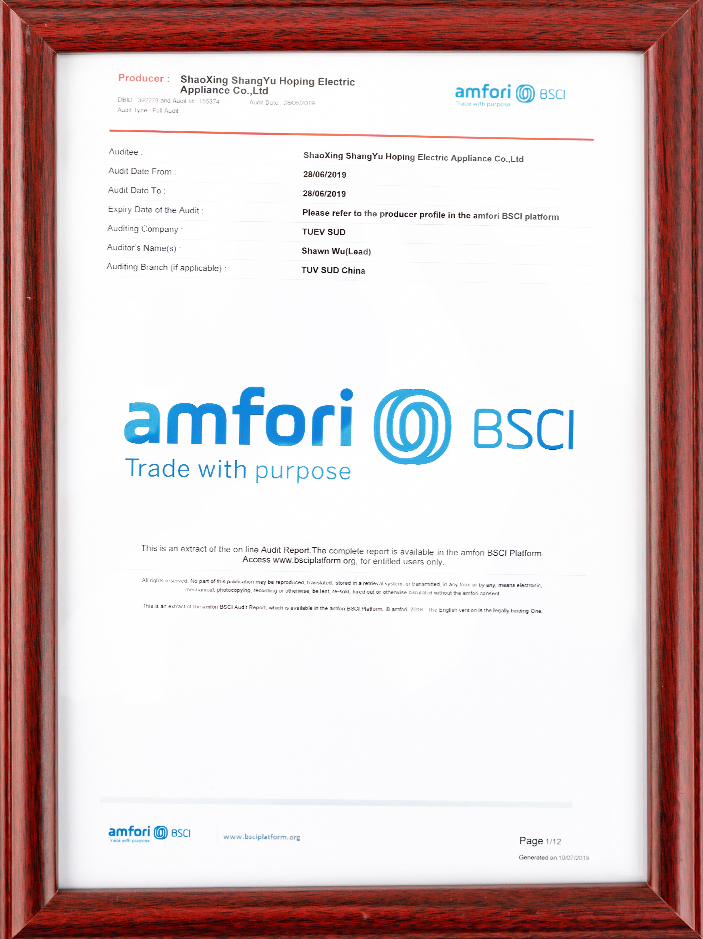
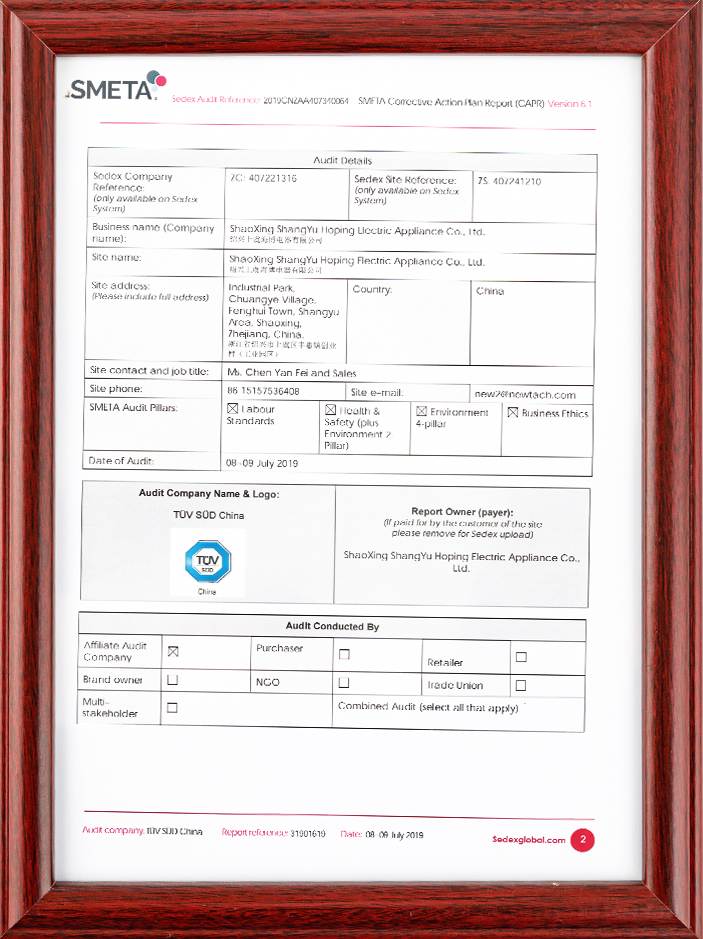
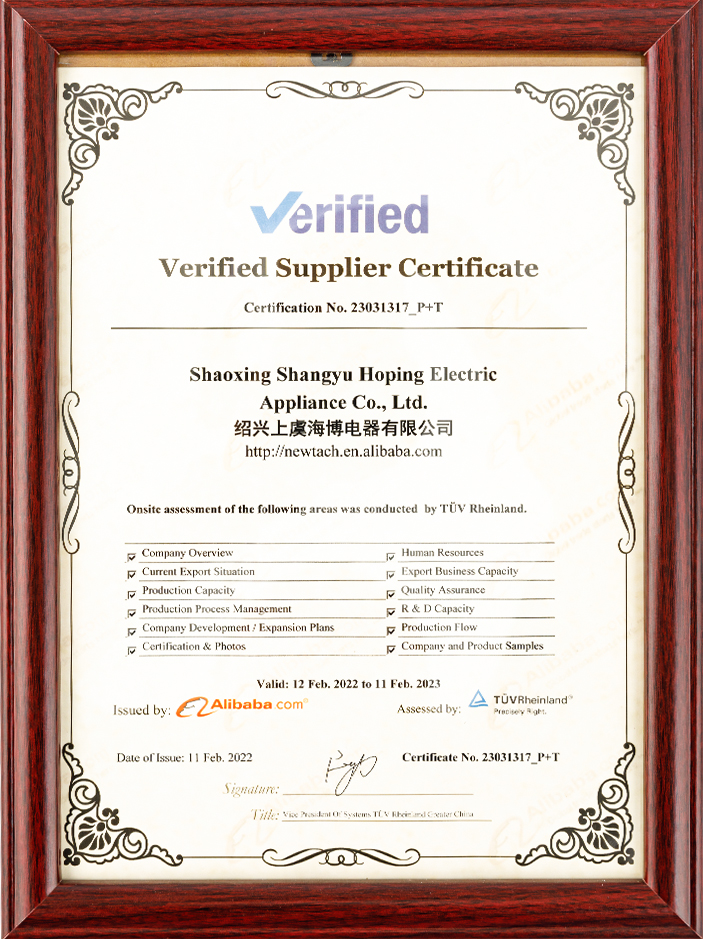
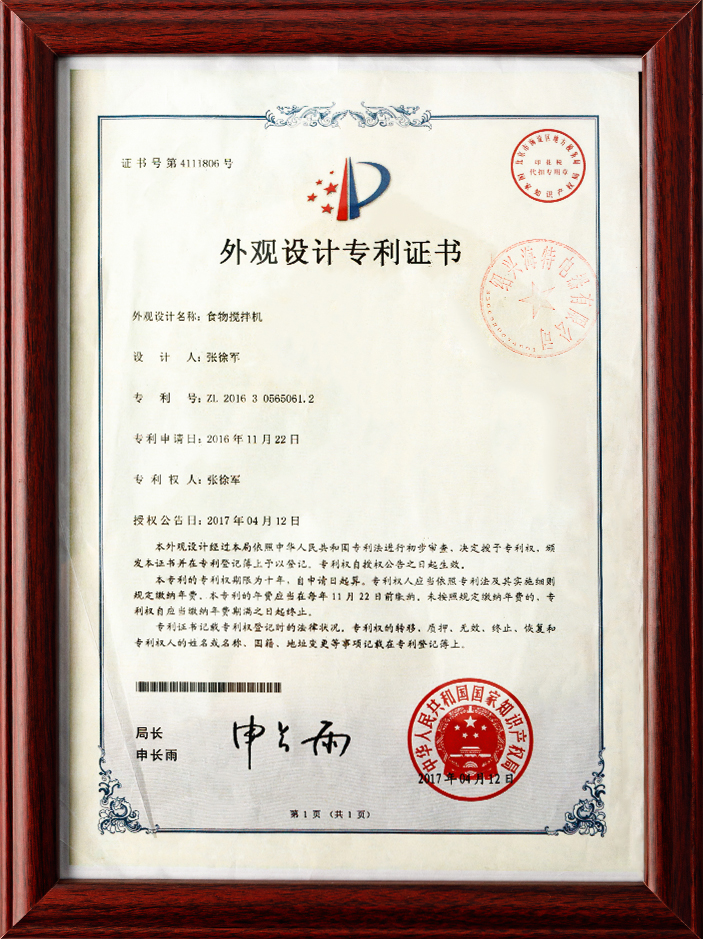
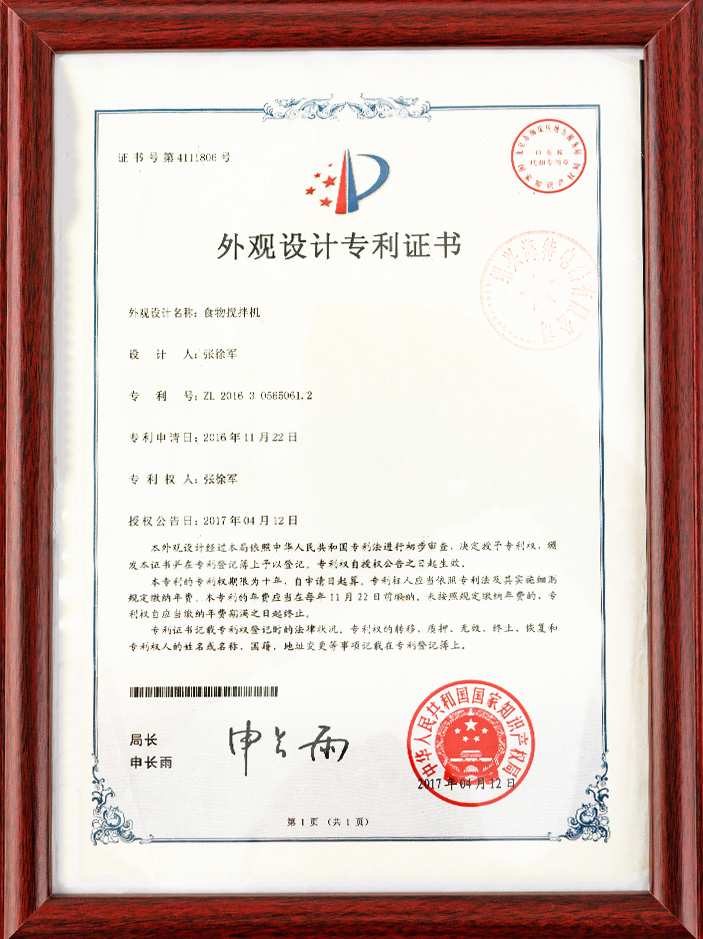
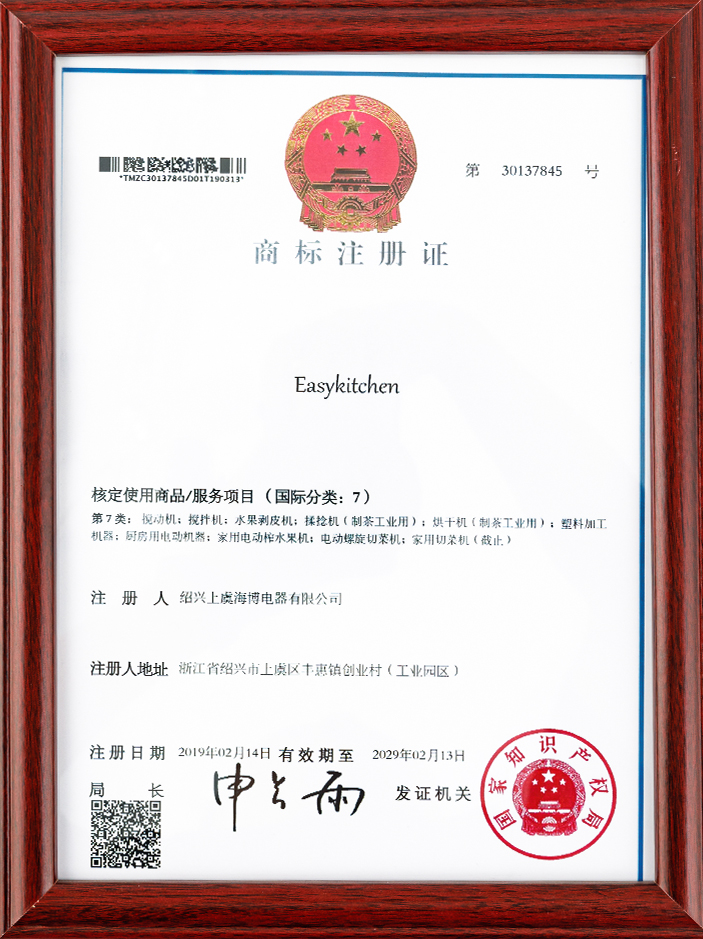
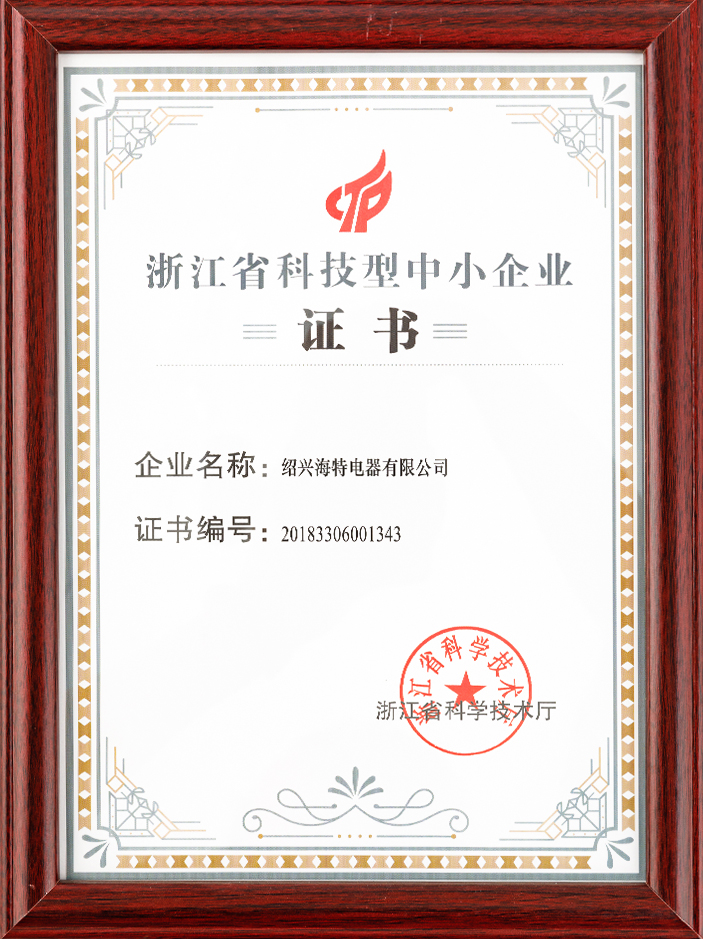
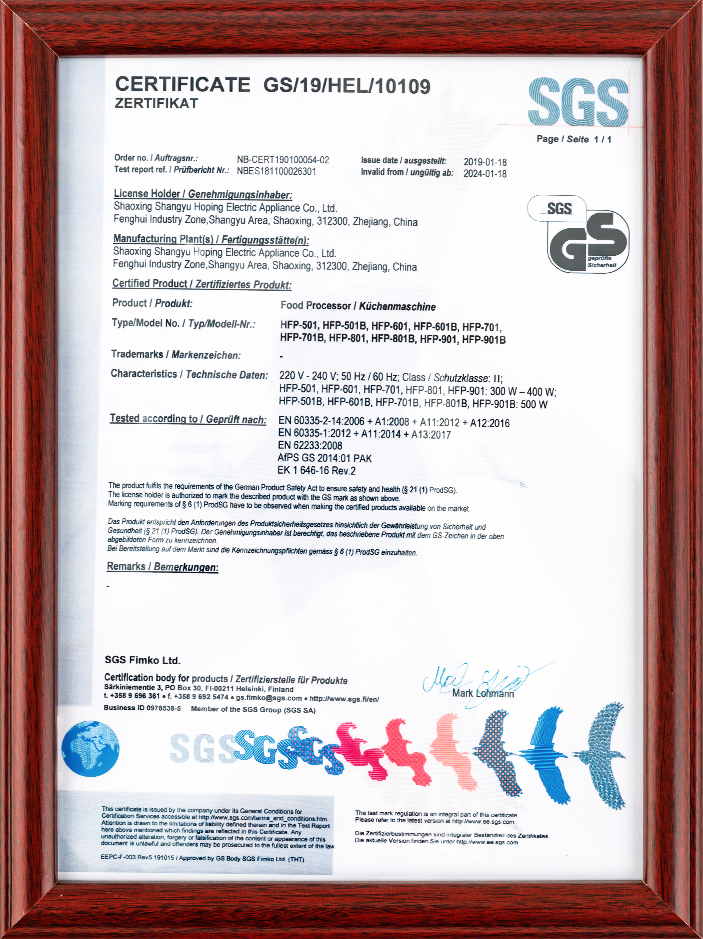





 浙公网安备 33060402001386号
浙公网安备 33060402001386号 